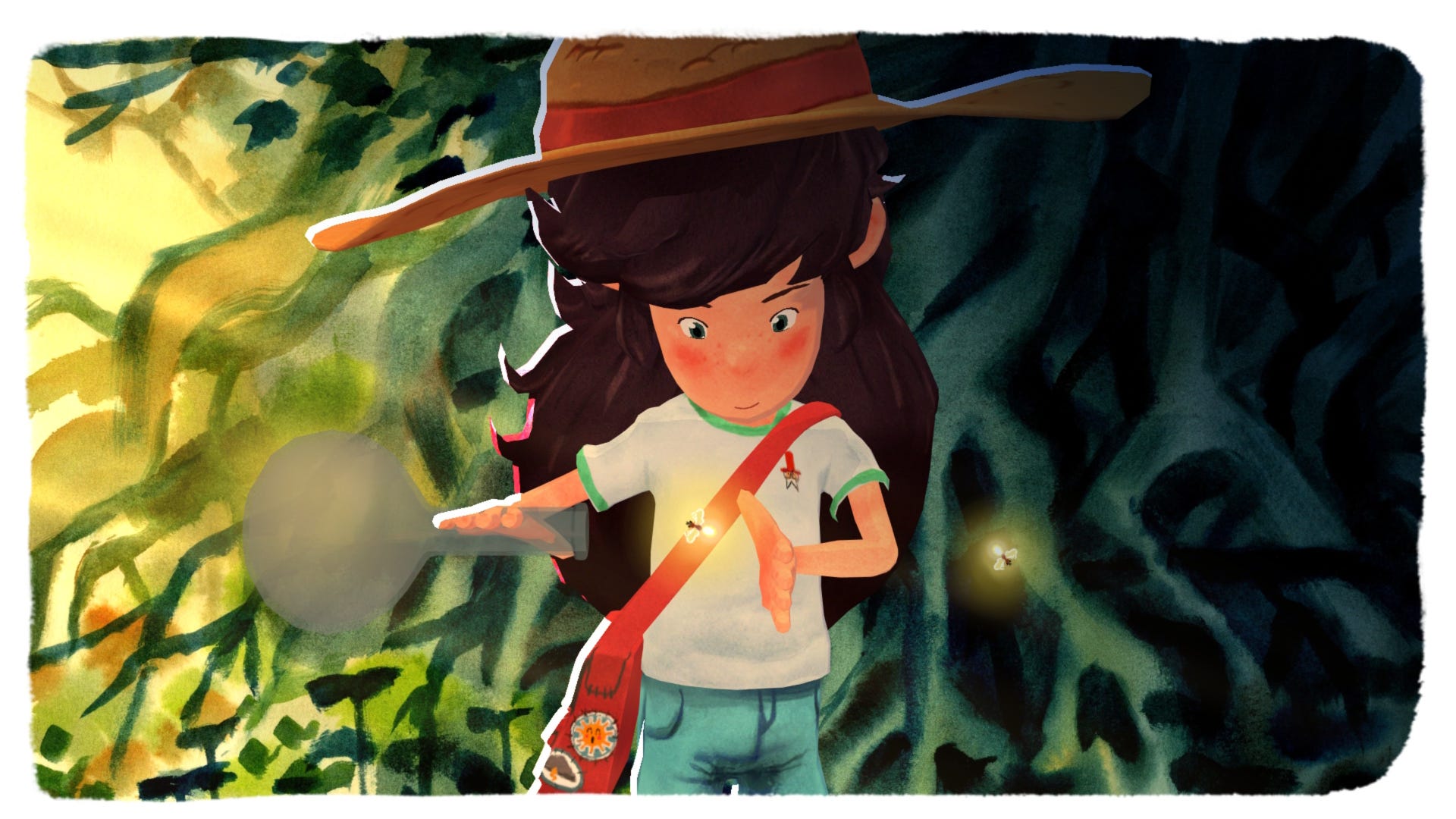
Memory can be a fickle thing. For thirty-something Mimi, everything before her thirteenth birthday is a blank. What happened before that point is never really interrogated during Dordogne's three-hour run time, but we do know her father is a stubborn old goat who cut ties with Mimi's really quite nice grandmother Nora after a summer she spent there as a shy, sheltered twelve-year-old. It's this summer that seems to be the cork in Mimi's memory bottle, and it's also the window in which Dordogne frames its sweet, coming of age tale. As Mimi in the present comes to terms with her grandmother's recent passing, the objects she finds in Nora's now-empty summer house trigger important flashbacks to that golden summer, and maybe also the answer to Mimi's apparent amnesia. Dordogne never demands very much of you during these sequences, but it does know how to luxuriate in life's little details, and find pleasure in a more leisurely lifestyle.
